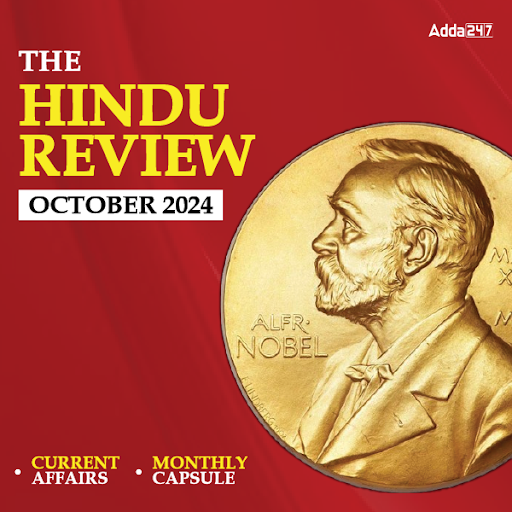Directions (1-4): In each of the following questions there are sentences that form a paragraph. Identify the sentence(s) or part(s) of sentence(s) that is/are correct in terms of grammar and usage (including spelling, punctuation and logical consistency). Then, choose the most appropriate option.
Q1.
A. In 1849, a poor Bavarian imigrant named Levi Strauss
B. landed in San Francisco, California,
C. at the invitation of his brother-in-law David Stern
D. owner of dry goods business.
E. This dry goods business would later became known as Levi Strauss & Company.
(a) B only
(b) B and C
(c) A and B
(d) A only
(e) A, B and D
Q2.
A. In response to the allegations and condemnation pouring in,
B. Nike implemented comprehensive changes in their labour policy.
C. Perhaps sensing the rising tide of global labour concerns,
D. from the public would become a prominent media issue,
E. Nike sought to be a industry leader in employee relations.
(a) D and E
(b) D only
(c) A and E
(d) A and D
(e) B, C and E
Q3.
A. Charges and counter-charges mean nothing
B. to the few million who have lost their home.
C. The nightmare is far from over, for the government
D. is still unable to reach hundreds who are marooned.
E. The death count have just begun.
(a) A only
(b) C only
(c) A and C
(d) A, C and D
(e) D only
Q4.
A. I did not know what to make of you.
B. Because you’d lived in India, I associate you more with my parents than with me.
C. And yet you were unlike my cousins in Calcutta, who seem so innocent and obedient when I visited them.
D. You were not curious about me in the least.
E. Although you did make effort to meet me.
(a) A only
(b) A and B
(c) A, C and E
(d) D only
(e) A and D
Directions(5-10): Each of the following questions has a sentence with two blanks. Given below each question are five pairs of words. Choose the pair that best completes the sentence.
Q5. The genocides in Bosnia and Rwanda, apart from being mis-described in the most sinister and ________ manner as ‘ethnic cleansing’, were also blamed, in further hand-washing rhetoric, on something dark and interior to ________ and perpetrators alike.
(a) innovative; communicator
(b) enchanting; leaders
(c) disingenuous; victims
(d) exigent; exploiters
(e) tragic; sufferers
Q6. As navigators, calendar makers, and other ________ of the night sky accumulated evidence to the contrary, ancient astronomers were forced to ________ that certain bodies might move in circles about points, which in turn moved in circles about the earth.
(a) scrutinizers; believe
(b) observers; agree
(c) scrutinizers; suggest
(d) observers; concede
(e) students; conclude
Q7. Every human being, after the first few days of his life, is a product of two factors: on the one hand, there is his ________ endowment; and on the other hand, there is the effect of environment, including ________.
(a) constitutional; weather
(b) congenital; education
(c) personal; climate
(d) economic; learning
(e) genetic; pedagogy
Q8. Exhaustion of natural resources, destruction of individual initiative by governments, control over men’s minds by central ________ of education and propaganda are some of the major evils which appear to be on the increase as a result of the impact of science upon minds suited by ________ to an earlier kind of world.
(a) tenets; fixation
(b) aspects; inhibitions
(c) institutions; inhibitions
(d) organs; tradition
(e) departments; repulsion
Q9. The genocides in Bosnia and Rwanda, apart from being mis-described in the most sinister and _________ manner as ‘ethnic cleansing’, were also blamed, in further hand-washing rhetoric, on something dark and interior to ___________ and perpetrators alike.
(a) innovative; communicator
(b) enchanting; leaders
(c) disingenuous; victims
(d) exigent; exploiters
(e) tragic; sufferers
Q10. As navigators, calendar makers, and other ________ of the night sky accumulated evidence to the contrary, ancient astronomers were forced to _________ that certain bodies might move in circles about points, which in turn moved in circles about the earth.
(a) scrutinizers; believe
(b) observers; agree
(c) scrutinizers; suggest
(d) observers; concede
(e) students; conclude



 The Hindu Review October 2022: Download ...
The Hindu Review October 2022: Download ...
 CAIIB ABM Exam Analysis 2024, 24 Novembe...
CAIIB ABM Exam Analysis 2024, 24 Novembe...
 Important Essay Topics for IBPS PO Mains
Important Essay Topics for IBPS PO Mains




